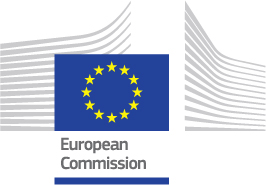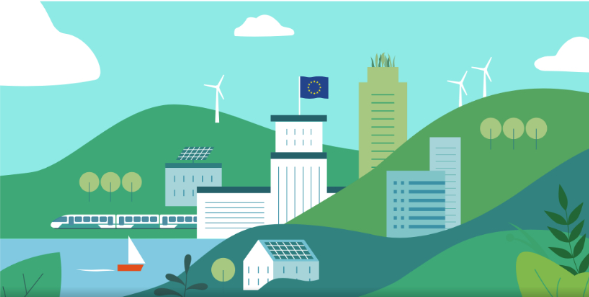Engage families to build a strong classroom reading culture
Course details
Imagine a classroom where every family, no matter how diverse, is sharing an appreciation for reading. In this course you will discover how to inspire and empower families to support pupils’ literacy in a meaningful and empathetic way. Get ready to explore practical strategies and engage with fellow teachers to build a lasting culture of reading that extends beyond your classroom.
The course aims to provide you with research-based and practical perspectives to support pupils’ reading and encourage a collaborative reading culture within families. Throughout the course, you will explore a wide range of family reading programmes, and international studies, gaining knowledge to plan and implement family literacy activities that are pedagogically appropriate. You are encouraged to engage in reflective dialogue to adapt new tools and strategies in a flexible manner. By the end of the course, you will have the tools needed to inspire, engage families, supporting pupils’ reading and literacy activities beyond the classroom.
The course is offered by the European School Education Platform. Visit our website for more information.
Duration and workload
Start and end date: open-ended, you can take this course (or any section) at your own pace
End date: self-paced
Workload: 8-10 hours
This course is based on a version that ran from Monday, 14 April to Wednesday, 30 April 2025. The original course provided participants with opportunities to interact during a specific active timeframe of 2.5 weeks, exchange ideas and engage in a peer assessment. However, we recognise that not everyone was able to attend during the scheduled timeline.
To make the course accessible to a wider audience, we’ve developed this self-paced format. This version allows you to explore the content and complete the activities at your own pace, whenever it suits you best.
What the self-study format means:
- Flexible schedule: You decide when and how to engage with the course materials. There are no deadlines, live sessions, or required meeting times.
- Independent learning: While the original course included discussions and peer reviews taking place in certain days and weeks, this format empowers you to work independently, using the same materials and guidance provided during the initial version. Please note that discussions in the forums and contributions on Padlets will not be moderated, allowing for a fully self-directed learning experience.
- Self-assessment: To replicate some of the reflective benefits of peer feedback, you will be encouraged to evaluate your own work using the provided assessment criteria.
Course competences
This course includes content & activities that develop the following competences according to the European framework for the digital competence of educators and the SELFIE for TEACHERs tool:
- Professional engagement- Professional collaboration at B1 level
- Professional engagement – Professional learning (through digital technologies) at B1 level
For more information about the competences and associated proficiency levels see the SELFIE for TEACHERs toolkit.
Target audience
Teachers from all school levels and disciplines, as well as other school staff (librarians, school leaders, coordinators for teacher training, etc.) who wish to improve pupils’ literacy skills and value the role of families in engaging with and discussing literature.
Learning objectives
- Discover research-based insights and practical strategies for family literacy and learn how to support and collaborate with diverse families to cultivate a reading culture.
- Explore a wide range of family reading programmes and develop the knowledge to plan and implement family literacy activities in a pedagogical and adaptable way.
- Examine how to engage with families in a sensitive manner, considering diverse family needs, by engaging in reflective discussions with fellow participants, exchanging ideas, and sharing experiences to enhance family literacy practices.
- Review theoretical perspectives and explore practical applications, using flexible pedagogical tools to support pupils’ reading and literacy development.
- Create a family literacy project in which you will develop a structured approach on how to actively involve families in supporting pupils’ reading development and promoting a reading culture.
This content is offered by the European Commission. The European Commission is the European Union's politically independent executive arm. It is alone responsible for drawing up proposals for new European legislation, and it implements the decisions of the European Parliament and the Council of the European Union.

Schedule
- How this self-paced course works
- Module 1: Exploring family literacy
- Module 2: Bringing family literacy to life
- Module 3: Assessing family literacy programmes
- Module 4: The final activity: creating a family literacy project
- Certificate of completion


